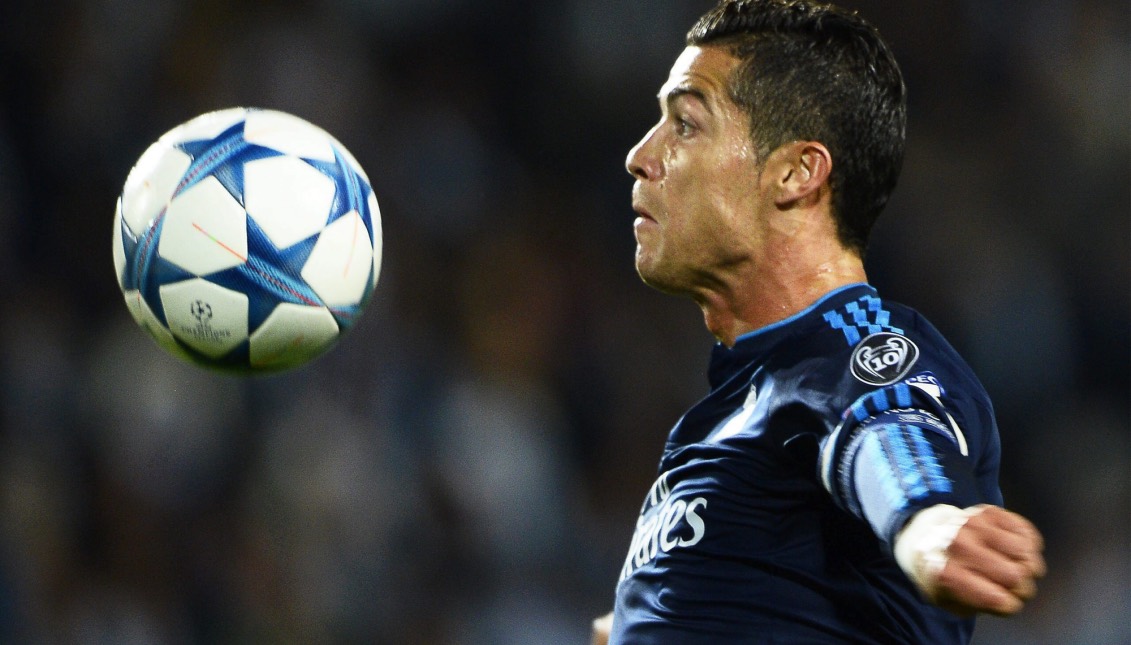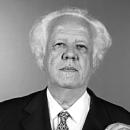
Refugees welcome: Soccer has its We Are the World moment
MÁS EN ESTA SECCIÓN
There are crises in which we, as human beings, are able to join together and rise to the occasion. Moments when the the better angels of our nature, as Lincoln so memorably put it, come to the fore.
One of these happened last week in a packed soccer stadium in Madrid, when 7-year-old Zied Abdel-Mohsen Alghadab walked onto the field hand-in-hand with soccer mega star Cristiano Ronaldo to open a Real Madrid home match. Just a few days earlier, Zied and his father were part of a panicked crowd of refugees running from the Hungarian police on the Macedonian border. Zied’s father, Osama, held his little son in arms as he ran, and was intentionally tripped and injured, by a Hungarian news camerawoman. A video of the deed was posted on YouTube and soon went viral, sparking condemnation of the reporter and sympathy for the fleeing family.
It turns out that Osama had been the coach of a soccer team in Syria before fleeing the civil war, and a coaching school outside Madrid offered to give him a job and sponsor his refugee status, for him and his family. Cristiano Ronaldo, one of soccer’s biggest stars, then asked Zied to escort him onto the field.
This shining moment in Spain was only part of a remarkable, and unexpected, reaction by soccer fans and clubs to the dramatic, and polarizing, refugee crisis in Europe. As tens of thousands of refugees, the overwhelming majority of them Syrian, fleeing the twined violence of ISIS and the Assad regime, washed-up, half-drowned on Greek shores, only to set-off again on foot across Macedonia and the Balkans, to arrive at the gates of Europe, in Hungary, where an anti-immigrant government vowed to not let them pass. And, across Europe, demagogues stoked ancient fears of foreigners and outsiders. At that rather dark moment, in German soccer stadia across the country, fans unfurled banners that read simply: Refugees Welcome.
“Refugees Welcome” banners were picked up by fans in the United Kingdom, a country that has resisted accepting additional refugees. In Spain as well, while the government said no, the fans said yes.
Soccer clubs, too, took a stand, and not only those clubs well know for their commitment to inclusion and diversity, like FC St. Pauli in Germany and Rayo Vallecano in Spain, but also the biggest, most powerful soccer associations in the world, the aristocracy, as it were, of global soccer. Bayern Munich donated over a million dollars to fund athletic facilities for refugee youth as well as food and language programs. Real Madrid pledged a similar sum, as did the reigning French champions PSG. In Italy, AS Roma donated nearly a million dollars and vowed to launch a collective effort by international football — named Football Cares — to raise funds for refugees. Mia Hamm, the former star of the US national women’s team was named to head the effort.
Roma also released a video starring its longtime captain and homegrown hero, Francesco Totti, alongside Bosnian star striker Edin Dzeko and Egyptian forward Mohamed Salah, to highlight the plight of the refugees. German club Schalke 04 also released a similar video, featuring their former star winger, Gerald Asamoah, who represented Germany at two world cups after migrating from Ghana, calling for Germans to stand up for refugees.
Even the European Football Federation did its part. At the behest of Portuguese club champions Porto FC, the organization decided to donate a little over a dollar for every ticket sold to the opening round of their annual gala tournaments, the Champion’s League and the Europa League. Unfortunately, this gesture also highlighted how polarized Europe is on the issue of refugees. Fans of the Polish club Lech Poznan organized a boycott of their squad’s opening match in protest against the aid. Here a banner was unfurled that read: Stop Islamization.
That the soccer community has taken such strong and visible stand in defense of refugees, particularly in Germany, is a remarkable turnaround from the usual storylines of hooliganism and tribalism that plague the sport. The factors behind this change are various. The strong fan associations, the ultras, as they are called in Italy, have changed in composition along with the societies around them. This is particularly evident in Germany and the U.K., where the ultras are more diverse than ever.
The players are also more diverse. Though Spain and Italy are notorious for racist chants against visiting Black players, top division squads of the major European leagues are profoundly multi-racial and multi-ethnic. Young fans grow up rooting for local stars from around the world. The players themselves, particularly the top players, have more independence and power to speak out against intolerance and racism than they used to. Footballers like Thierry Henry, Kevin Prince Boateng, Yaya Toure, and Patrick Vieira have taken it upon themselves to raise consciousness on racism and intolerance.
Finally, the great European powerhouses of soccer play now to global audiences. From Manchester United to Bayern Munich to PSG and the Spanish giants, Real Madrid and Barcelona FC, all compete for popularity and following across the globe. Insularity, for good and, in this case, bad, is a thing of the past.
These factors, together, have made of soccer, an instrument of change in Europe.






DEJE UN COMENTARIO:
¡Únete a la discusión! Deja un comentario.